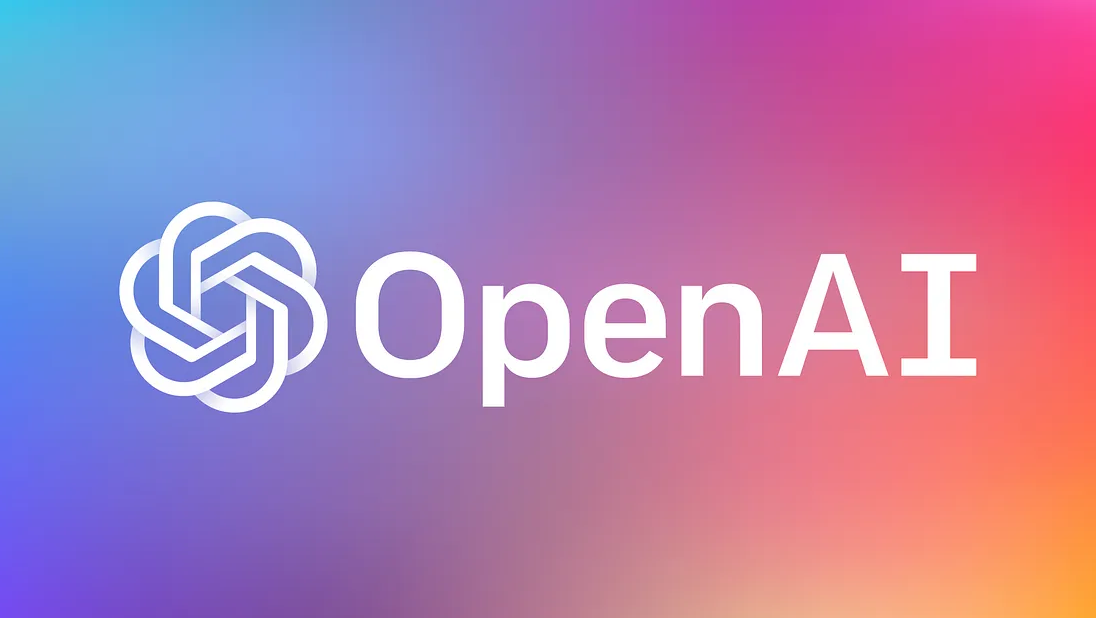GEMS Education is rolling out Microsoft 365 Copilot to cut admin and personalise learning, with clear guardrails and transparency. Teachers spend less time on preparation and more time with pupils. The aim is augmentation, not replacement.
Copilot serves as a single workspace for plans, sources, and visuals. Differentiated materials arrive faster for struggling and advanced learners. More time goes to feedback and small groups.
Student projects are accelerating. A Grade 8 pupil built a smart-helmet prototype, using AI to guide circuitry, code, and documentation. The idea to build functionally moved quickly.
The School of Research and Innovation opened in August 2025 as a living lab, hosting educator training, research partners, and student incubation. A Microsoft-backed stack underpins the campus.
Teachers are co-creating lightweight AI agents for curriculum and analytics. Expert oversight and safety patterns stay central. The focus is on measurable time savings and real-world learning.
Would you like to learn more about AI, tech, and digital diplomacy? If so, ask our Diplo chatbot!










